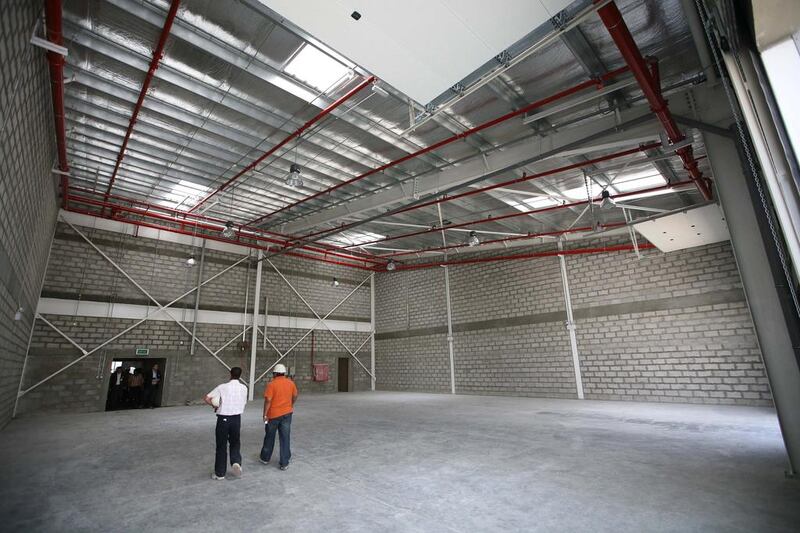Dubai’s vision to diversify its economy further and establish itself as a thriving global business hub has accelerated business activity in a number of innovative industries, in turn spurring new demand for industrial space, according to the real estate consultancy Cluttons.
The firm's bi-annual Dubai Industrial Market Bulletin for summer 2017 points to new requirements registered in the first six months of the year by companies such as Noon.com, which is opening a 195,000 square foot fulfilment centre in Dubai South, while Amazon is showing interest in build-to-suit options following its purchase of Souq.com. Siemens has also announced plans to set up its global logistics and distribution hub at the Expo 2020 site, highlighting the strategic geographic importance of the area to global logistics and distribution firms moving forward.
“Online retail businesses, for instance, are relatively new to the region and will require distribution centres and other logistics facilities," said Faisal Durrani, the head of research at Cluttons. "We expect to see growing demand from this sector as it develops, particularly around Al Maktoum International Airport and the Expo 2020 site, where the majority of demand is currently centred for industrial space.
“This is a crucial juncture for the city as its world-class logistics facilities move from being regional hubs to global ones," he added.
"Siemens' announcement in April to establish its global logistics and distribution centre at the Expo 2020 site is a huge boost of confidence for Dubai and clear recognition of the government's efforts to reposition the emirate on the world stage. Despite the seemingly faltering global economic conditions, we expect Siemens to be joined by other international blue chip organisations as they take position in what will arguably be the world’s largest and most advanced logistics distribution hub centred around Jafza and Al Maktoum International Airport, which will be further complimented by Etihad Rail terminals."
While new space requirements emerge, demand across the market has eased during 2017, currently in addition to the usual seasonal summer slowdown, with enquiry levels noticeably lower than at the start of the year, according to Cluttons. An unstable global economic outlook, which has caused demand to ebb across the city, a growing amount of speculatively developed warehouse space and increased competition among landlords have all contributed to the increasingly stagnant conditions, it said.
Athough demand has eased, headline rents as a whole across all the areas monitored have largely held steady. In the secondary market, however, rental rates at Dubai Investments Park (DIP), Dubai Industrial Park and Dubai South have fallen by between 4 per cent and 12 per cent over the past 12 months, Cluttons said.
“Looking ahead to the second half of the year, we expect the strengthening pipeline of speculatively developed space to put rents under pressure, with more secondary stock likely to face sharper corrections as activity levels are expected to remain subdued," said Murray Strang, the head of Cluttons Dubai. "Landlords are expected to lower rents to entice relocation activity and we expect occupiers to capitalise on this. With that in mind, we expect rents to dip on average by up to 5% between now and the end of the year, before there is the potential for increased stability as the Expo 2020 economic boost starts to materialise in early 2018."






